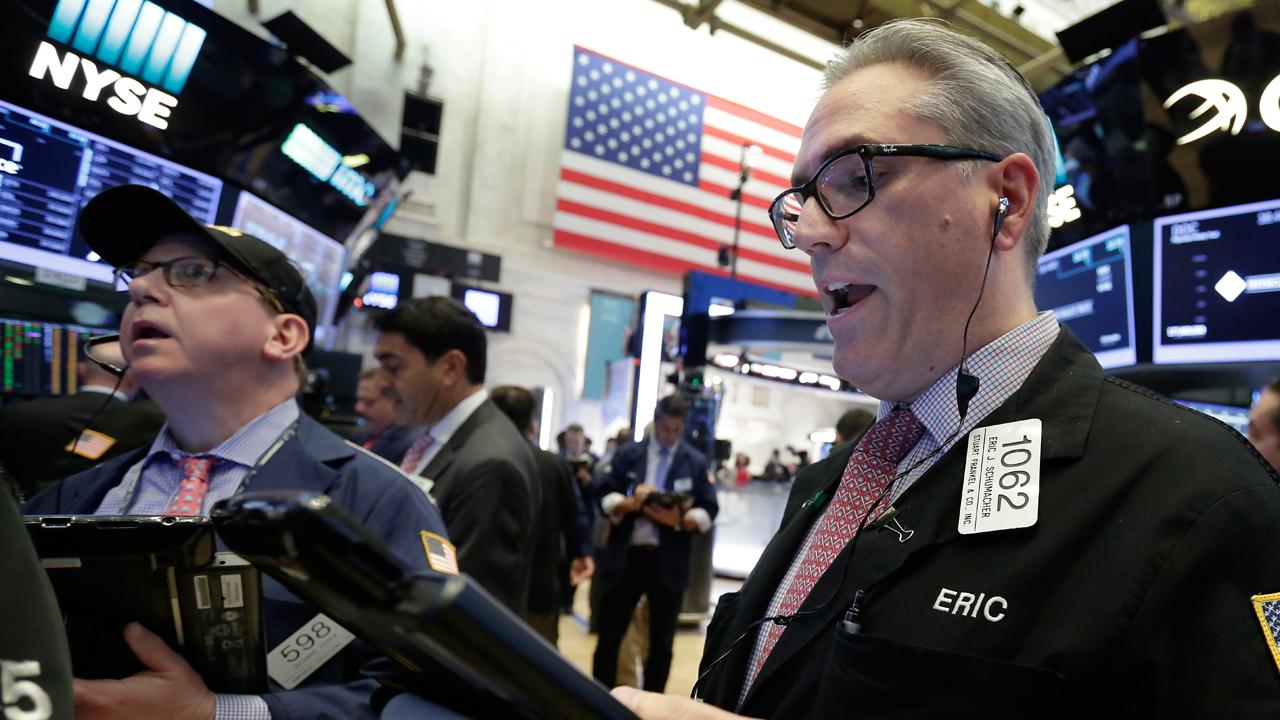Trump suggests China's 'historic currency manipulation' is a good sign for Americans, here's why
Amid an ongoing trade war with the U.S., China’s yuan fell to its lowest level in more than 10 years against the U.S. dollar on Monday, which President Trump said could be a sitive indicator for American consumers.
Echoing comments he made last week, Trump – who has accused Beijing of currency manipulation – said on Twitter that China’s “historic currency manipulation” is evidence that Americans are not on the hook for tariffs.
Trump also said in a separate tweet that China was hoping to continue receiving the “hundreds of billions of dollars” it has been stealing via unfair trade practices and currency manipulation. He said the purported currency manipulation was a “major violation that would greatly weaken China over time.”
The Trump administration announced new tariffs last week on the remaining $300 billion worth of goods coming into the U.S. from China. Those new levies are expected to go into effect next month. The U.S. has already implemented tariffs on $250 billion worth of Chinese goods.
Last week, Trump made similar comments about China’s currency – and what it indicates about who is paying for the tariffs.
“China devalues their currency, they pour money into their system – they pour it in – and because they do that, you’re not paying for those tariffs, China’s paying for those tariffs,” Trump said last week during a campaign rally in Cincinnati.
Despite Trump’s claims about China engaging in currency manipulation, it has not yet been officially designated as a manipulator, according to the U.S. Treasury Department.
While Trump attempted to spin a positive narrative around the drop in the value yuan, investors had a much more pessimistic outlook about what it indicated about the future of relations between the world’s two largest economies.
As of midday on Monday, the Dow Jones Industrial Average and S&P 500 were facing their biggest daily losses since at least January.
CLICK HERE TO GET THE FOX BUSINESS APP
The lower valuation of the yuan makes China's exports cheaper for foreign countries to buy.
While trade talks have sputtered, another round of negotiations is expected to take place in Washington next month.




















